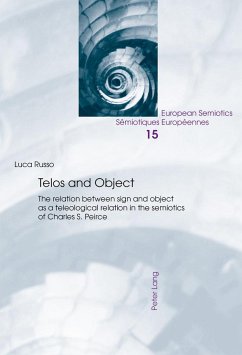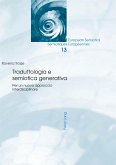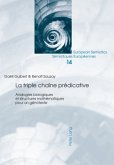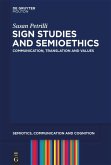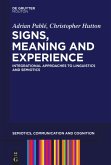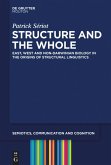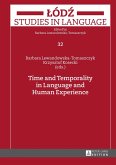The semiotics of Charles S. Peirce is conceived as an essential part of a comprehensive philosophical outlook. The study of signs is carried on for its bearing on the knowledge of reality; therefore the relation of signs to objects is the core concern of Peirce's semiotics. This study looks at this question on the background of Peirce's philosophical system, individuating in the theories of reality and of knowledge the key issues which allow a philosophically grounded definition of the sign-object relation. The concepts of teleology and of final cause reveal themselves to be the essential conception which emerges from these two issues. The underlying teleological tendencies in the use of signs justify their gnoseological reliableness.
Bitte wählen Sie Ihr Anliegen aus.
Rechnungen
Retourenschein anfordern
Bestellstatus
Storno

